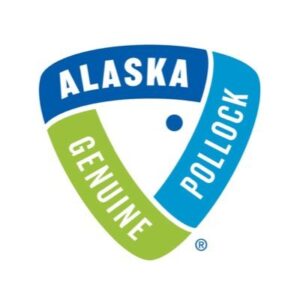
An annual study now underway regarding consumers’ perspectives about wild Alaska Pollock includes questions this year about the impact of rising food prices, as well as questions specific to surimi seafood.
Study conclusions are to be presented at the annual meeting of the Association of Genuine Alaska Pollock Producers (GAPP) at the Westin Seattle hotel on Oct. 17.
The study by the international public relations firm Ketchum is recognized in the industry as the annual barometer of the industry’s efforts to improve the image of wild Alaska Pollock from an anonymous white fish to a household name.
“These results are not only GAPP’s ‘report card’ but the compass that guides our industry’s marketing and promotional efforts in the future,” GAPP Chief Executive Officer Craig Morris said. “Each year we glean meaningful information about the U.S. consumer’s mindset not just about Wild Alaska Pollock but also about food and purchasing decisions in general — which helps us better position our fish to drive trial.”
The research is used to measure “hot topics” affecting consumer behaviors. In 2021, the study measured the impact of COVID-19 on food purchases and consumer mindset. This year’s research will measure the effects of rising food costs and inflation.
The study also includes questions specific to surimi seafood made from Wild Alaska Pollock to start to establish a baseline for consumers’ perceptions of that significant Wild Alaska Pollock product.
Ketchum’s head of global analytics, Mary Elizabeth Germaine, said that having a better understanding of consumers’ awareness and familiarity of wild Alaska Pollock is imperative to achieving growth within the category.
“In this fourth year of benchmarking, our research as done just that,” she said. “We’re excited to build on our data this year with additional advanced statistical analyses which will yield even deeper insights into purchasing habits, revealing opportunities for continued growth.”
GAPP is a nonprofit entity that promotes U.S. caught wild Alaska Pollock, with a focus on building demand and awareness of the fish through product innovation, research and creating awareness about product quality and a responsibly managed fishery.
